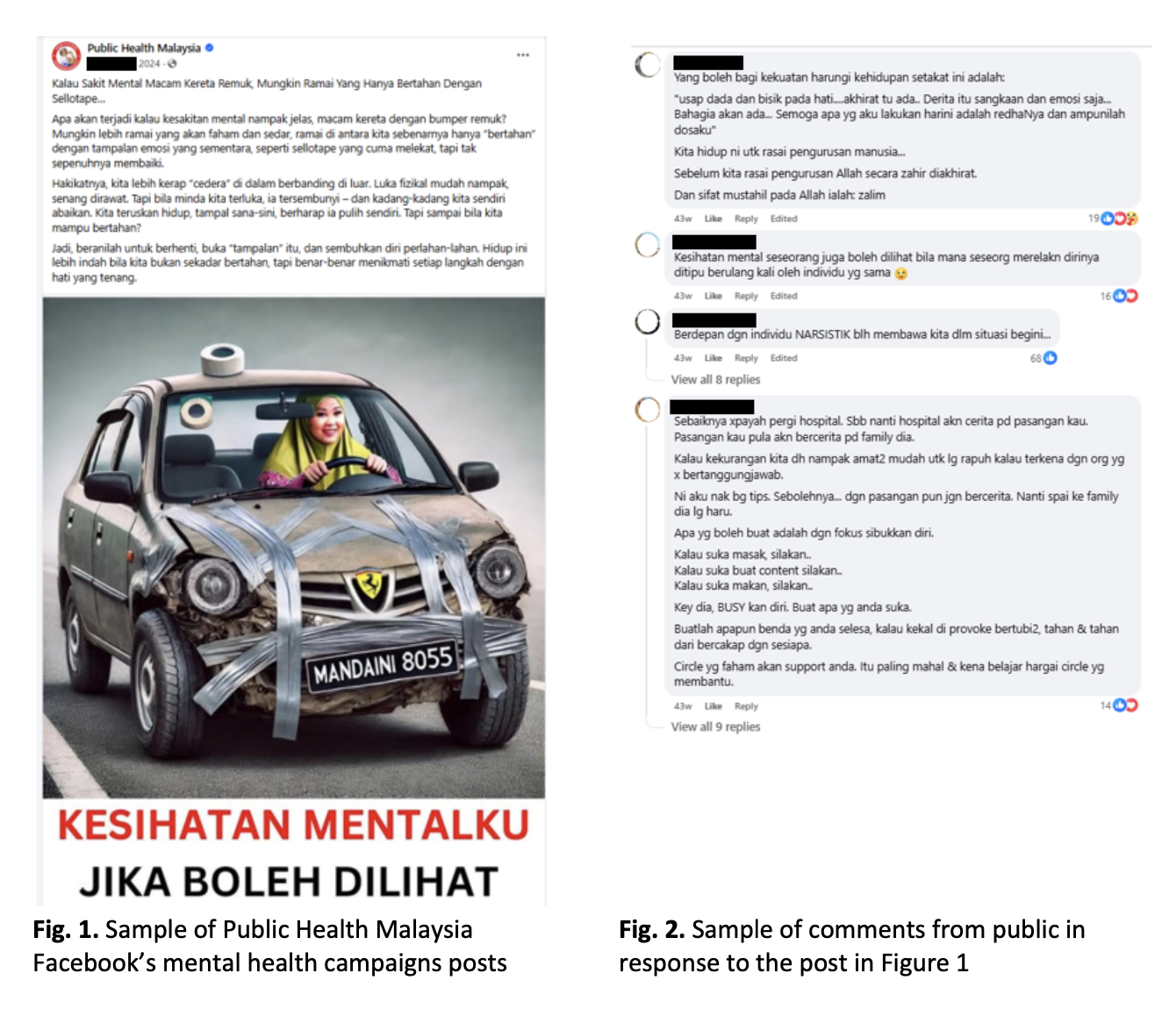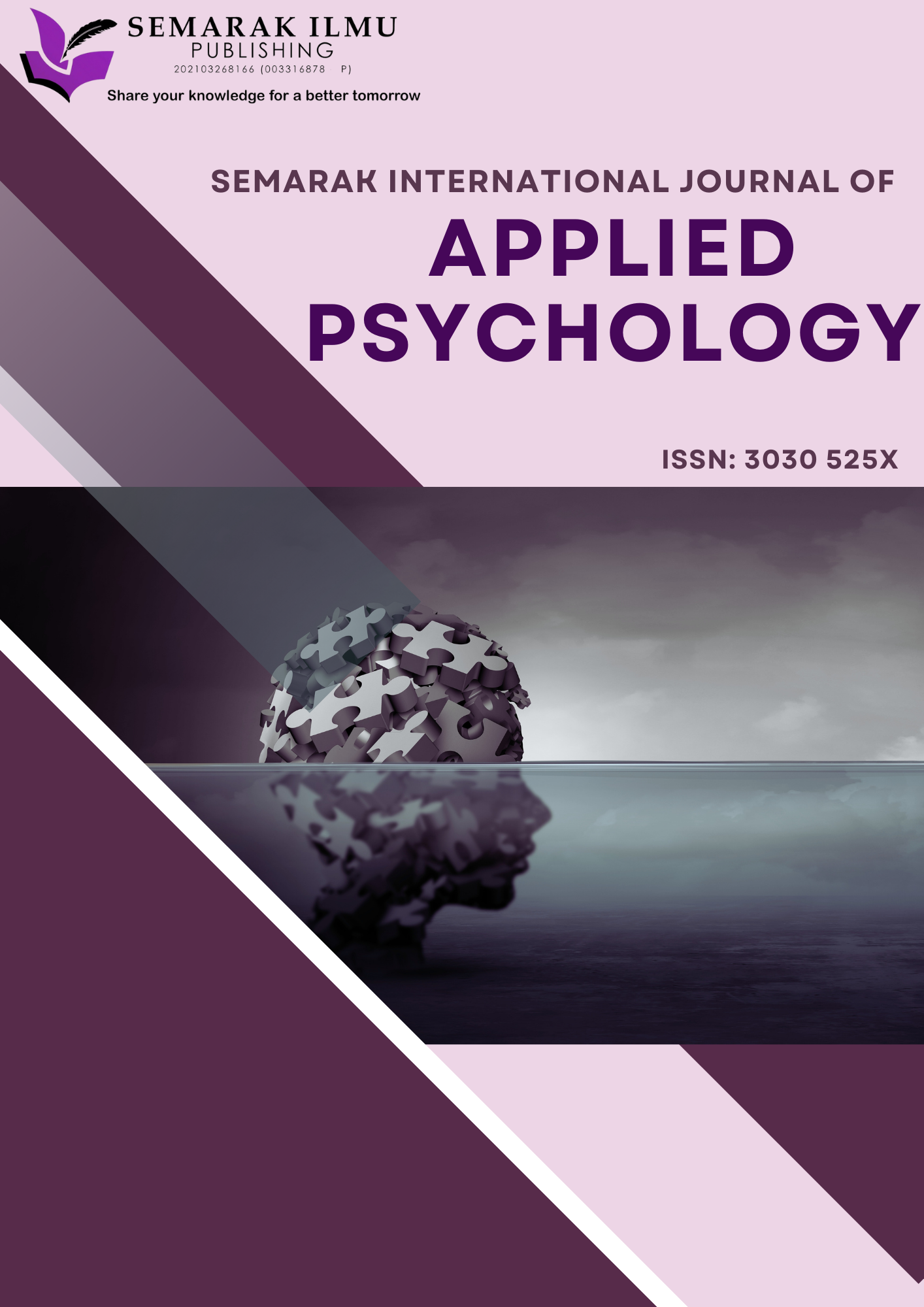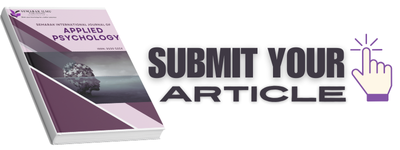Breaking the Mental Illness Stigma: A Content Analysis of Mental Health Awareness Campaigns on Social Media
DOI:
https://doi.org/10.37934/sijap.6.1.3847Keywords:
Mental health campaigns, public health communication, social media discourse, rhetorical strategies, mental illness stigmaAbstract
Mental health awareness campaigns, in particular, have increasingly relied on digital platform to share information, promote help-seeking behaviour, and reduce stigma of mental illness. In Malaysia, public health institutions use social media to communicate key messages related to mental well-being, existing support systems and early intervention. Despite the growing reliance on social media, the effectiveness of social media in reducing mental illness stigma and engaging audiences remains a critical area of investigation. The way mental health messages are framed and the rhetorical strategies employed can determine public perception and behavioural responses. This study explores mental health awareness campaigns on social media, namely the Public Health Malaysia Facebook. Using netnographic approach and qualitative content analysis of mental health-related campaign posts, the study explores the themes and rhetorical strategies used in the campaigns. The findings yielded interesting themes and rhetorical strategies used in mental health awareness campaigns on Facebook. The study offers a fresh insight into enhancing the current mental health awareness campaigns on social media which should be more audience-centred, interactive and inclusive.














